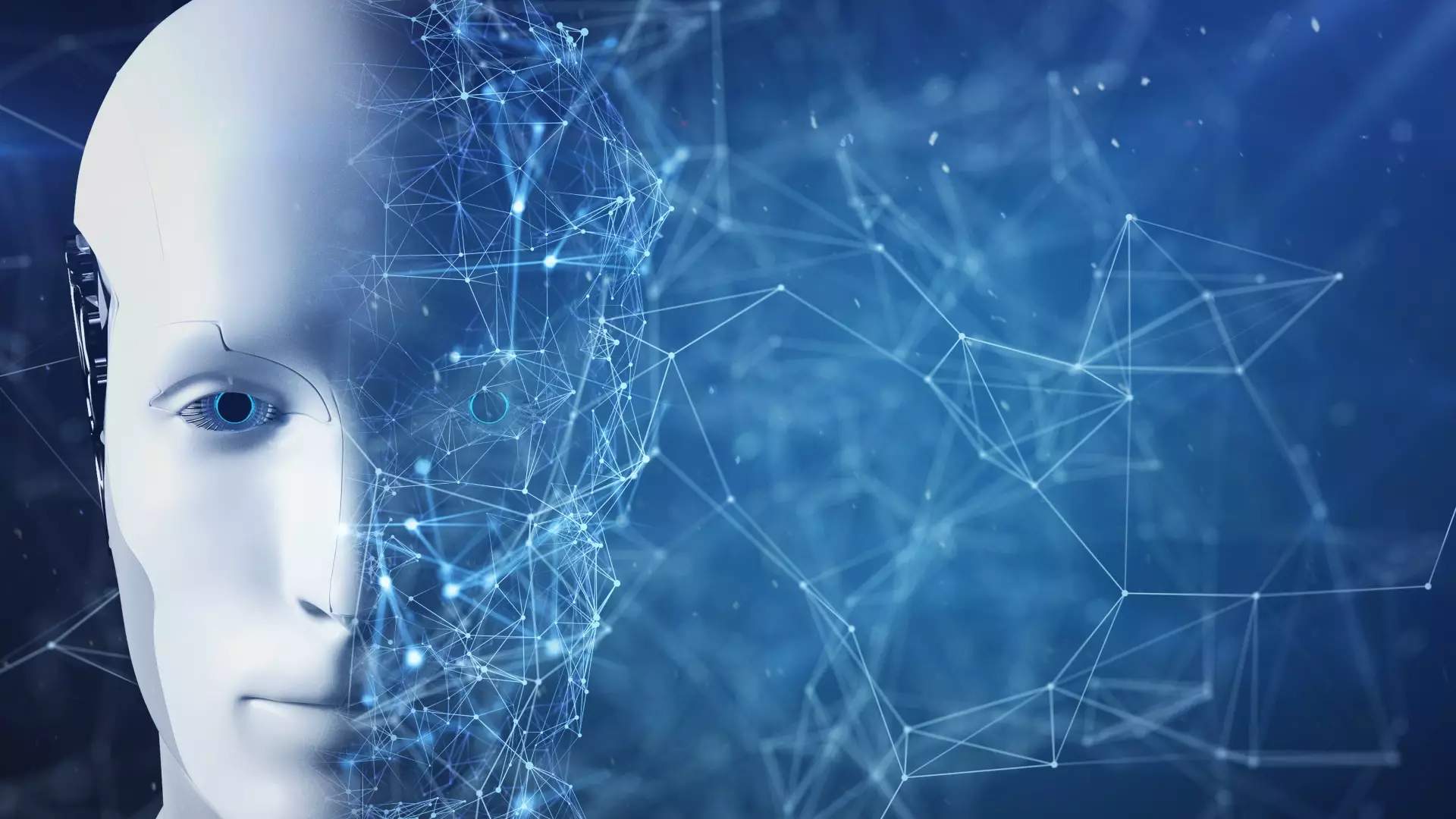In this era of rapid technological advancement, the dialogue surrounding artificial intelligence (AI) often oscillates between apprehension and marvel. At its core, technology—including AI—serves as a tool that reflects the intentions and creativity of its users. Unlike earlier inventions, AI has the potential to reshape entire sectors, most notably education. The question lingers: can AI be a genuine boon to learning, or does it risk diluting the essence of genuine education?
The AI Initiative in China
As nations worldwide grapple with the implications of educational advancements, China has taken tangible strides towards integrating AI into its education system. With the ambitious goal of becoming a “strong-education nation” by 2035, the Chinese education ministry is actively exploring AI’s capabilities to enhance learning materials and teaching methodologies across all educational levels. This initiative aims to produce not only students with academic proficiency but also individuals equipped with essential skills such as communication, critical thinking, and problem-solving.
The emphasis on cultivating these “core competencies” reveals a significant shift in China’s approach towards education. By using AI as a supplement, China hopes to provide students with a framework that prepares them for the complexities of modern work and life. This undertaking reassures us that, when wielded responsibly, AI can foster skills that transcend rote memorization.
Personalized Learning Experiences
America is not far behind in its exploration of AI-driven educational tools. While the terminology may differ, the underlying intention is strikingly similar. The focus on creating “individualized learning paths” highlights the need for adaptive teaching methods that cater to varying student needs. Imagine a classroom where lessons are tailored not just to a teacher’s lesson plan but to the unique learning speeds and styles of each student. AI’s intricacies in data analysis present a remarkable opportunity to revolutionize the classroom dynamic.
By efficiently sorting through vast amounts of data, AI technologies can identify learning patterns and preferences. This level of personalization empowers educators to address weaknesses while simultaneously nurturing strengths in their students. The potential benefits seem vast, yet they come with their own sets of challenges and reservations.
The Dangers of Misapplication
While the optimistic prospects of AI in education are captivating, history has shown us that the technology can be a double-edged sword. Creative tasks, particularly those requiring nuanced judgment and originality, might suffer when overly reliant on AI-generated insights. Moreover, the prevalent AI language models have been critiqued for producing confidently incorrect information, leading to potential misinformation amongst students.
The crux of the matter lies in the design and application of these AI systems. If deployed without stringent oversight or pedagogical insight, they could inadvertently compromise the quality of education. Hence, it’s imperative that any AI used in schools is custom-built for educational purposes. An AI solution developed in collaboration with educators and subject-matter experts ensures a greater focus on precision and relevance.
A Call for Ethical Oversight
Trust remains paramount in the transition towards AI-enhanced education. Educators, parents, and policymakers alike must remain vigilant, demanding transparency and accountability in AI integration. It’s not enough for these initiatives to be technologically groundbreaking; they must also respect ethical considerations, ensuring that the use of AI aligns with educational best practices.
As countries navigate their own paths forward, the world watches closely. Can China or the United States successfully introduce a conscionable and effective AI system that genuinely supports educational growth? Or will attempts at revolutionizing learning end up adding another layer of complexity to an already fraught education landscape?
As we stand on the precipice of an AI-driven educational evolution, the potential for enriching learning experiences is undeniable. Yet, in this era of innovation, we must tread cautiously, prioritizing integrity and quality in our endeavors to incorporate AI into education. Only then can we truly harness the transformative power of technology to empower future generations.

